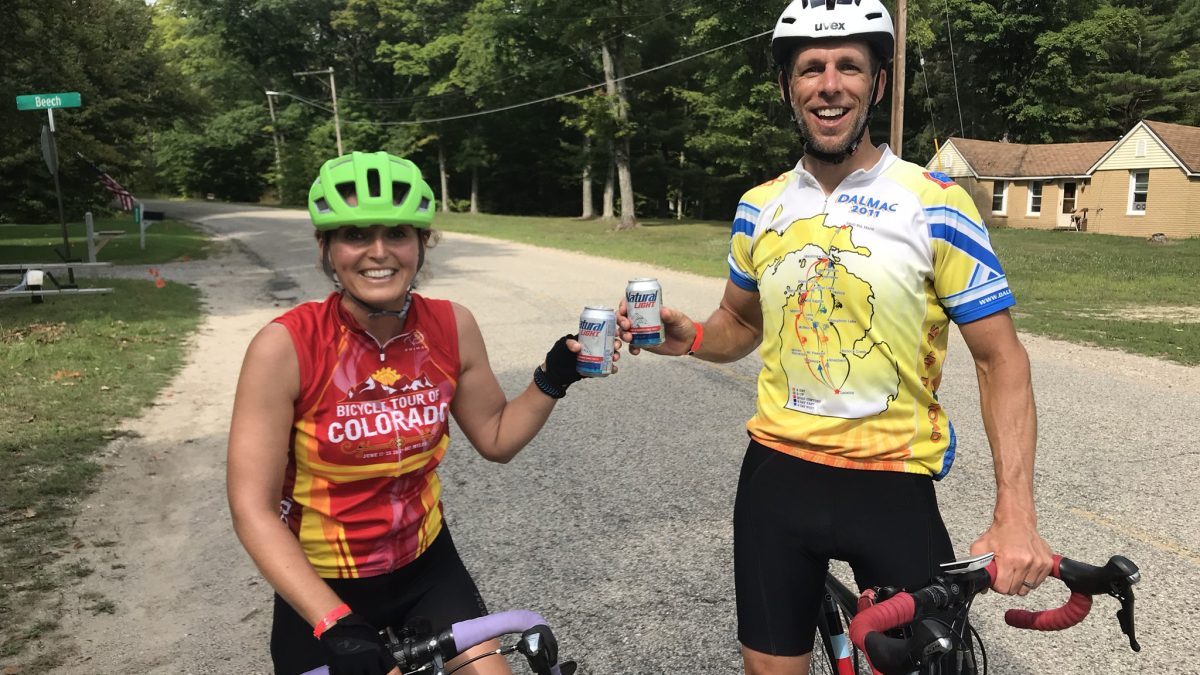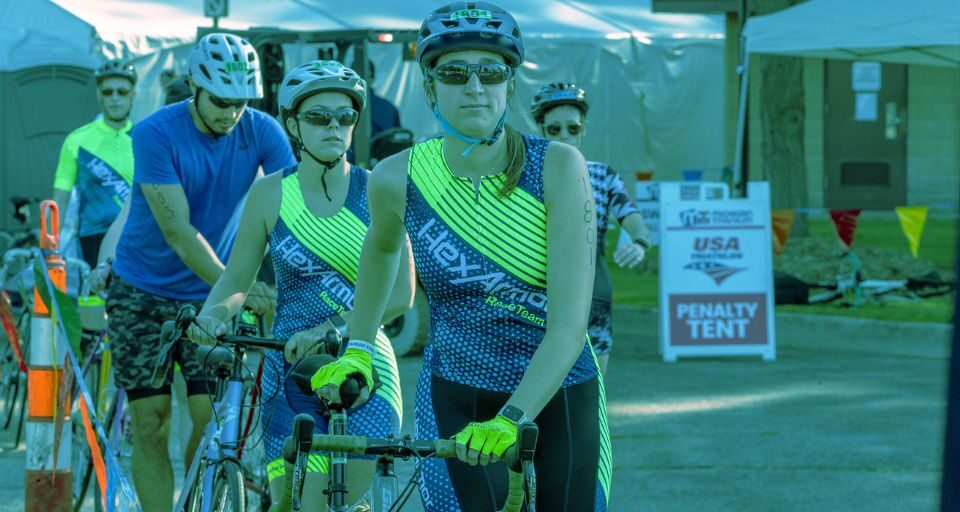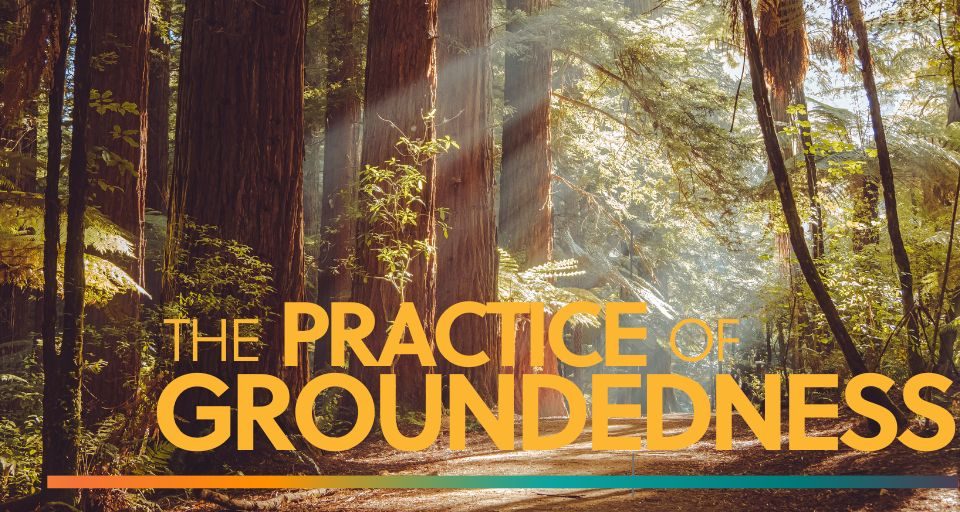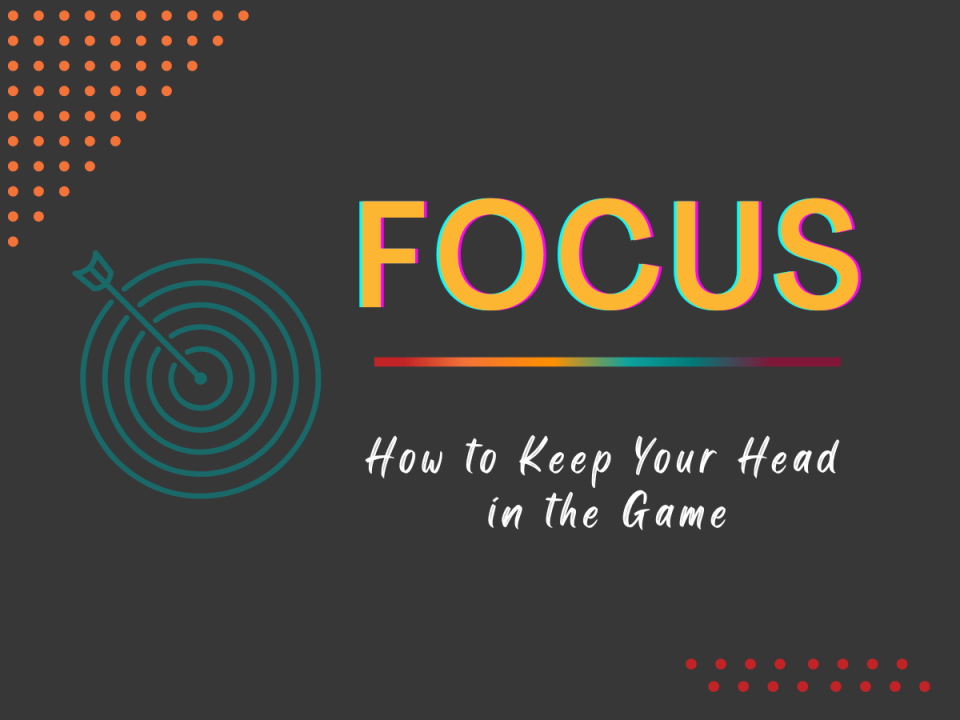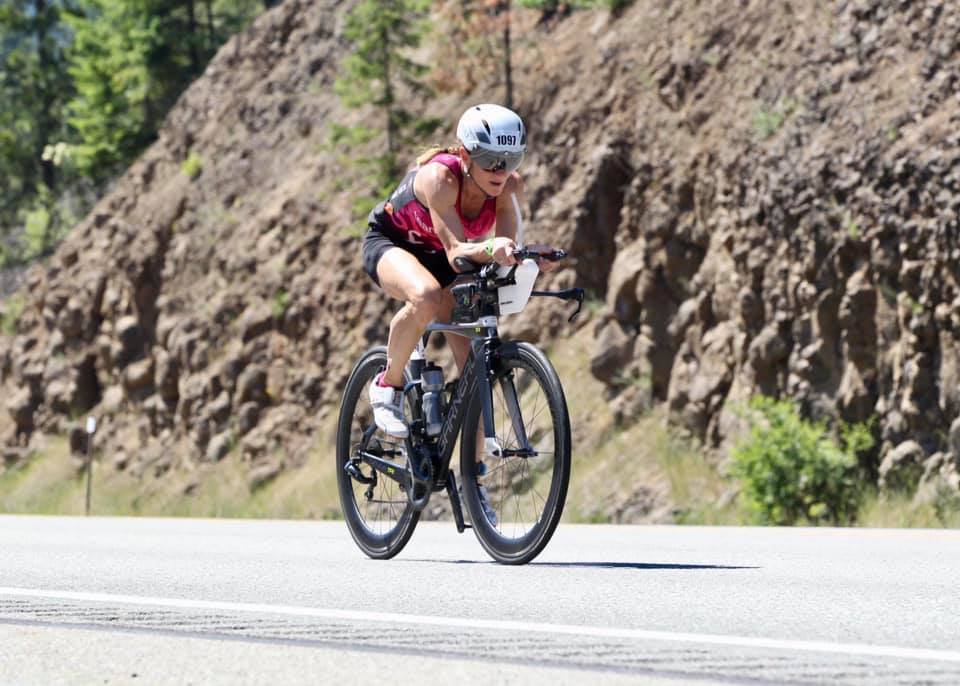
Ironman Coeur d’Alene 2021
July 23, 2021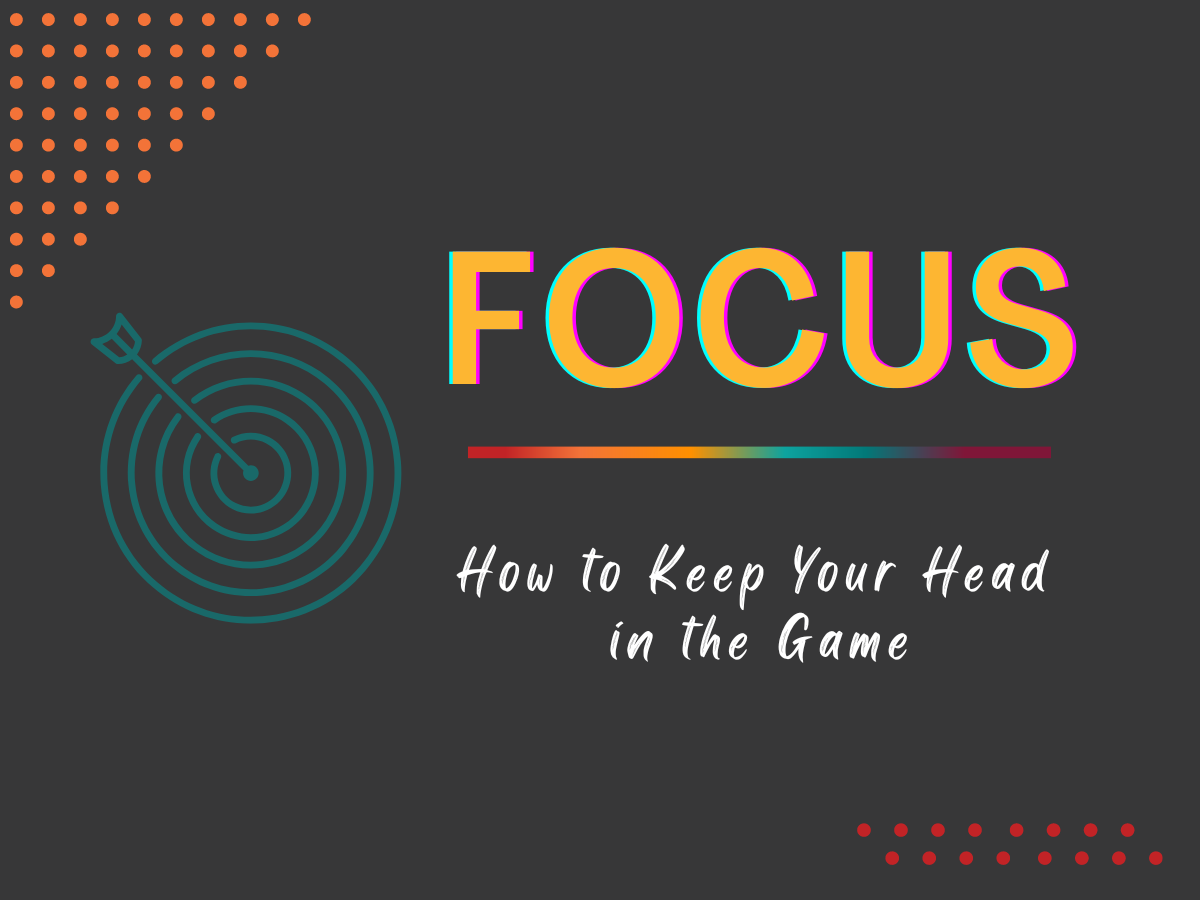
Focus: How to Keep Your Head in the Game
October 27, 2021Can Gratitude Make you a Better Athlete?
I recently participated in a course on happiness. The instructor drilled into the idea that living life with a sense of kindness, compassion and gratitude can do wonders for your mental health.
This got me thinking… is gratitude another tool to throw in the athletic toolbox? Can living a life of gratitude make you a better athlete?
The answer – yes! There are so many connections between the tools that make us more resilient humans and also mentally tough athletes. Let’s dig into gratitude.What is gratitude?
Oxford defines gratitude as “the quality of being thankful; readiness to show appreciation for and to return kindness.” Researchers at Harvard take it a step further and say that being grateful is much more than just taking stock of our gifts, treasures, and the good in our lives. True gratitude has a social component, and it is also about acknowledging that the goodness in our lives comes from sources outside of ourselves.
Even though endurance sports are a solo activity, you would be hard-pressed to find someone who truly did it alone. If you can put a check next to any of these, then you are part of an endurance community.
-
You are part of a team
-
You work with a coach
-
You have training buddies
-
You have a trusted friend to turn to for racing questions
-
You work with a sports therapist, physical therapist, chiropractor, or trainer
-
You are in a social media group with likeminded friends who share training stories and support
-
You have family that cheers for you at the finish line and misses you while you are out training
People are investing a piece of their hearts and their energy into your success. Our story as athletes would not be nearly as sweet without those who support us.
How does gratitude help athletes?
The same Harvard article goes on to explain, “gratitude is strongly and consistently associated with greater happiness. Gratitude helps people feel more positive emotions, relish good experiences, improve their health, deal with adversity, and build strong relationships”.
Better sleep, improved health, a more positive outlook… that alone is enough to want to practice gratitude. Researchers along with sports performance psychologist, Kathy Feinstein, suggest that there is more, and that practicing gratitude can also do the following for athletes:
- deters arrogance and encourages humility
- reduces the likelihood of burnout
- facilitates emotional control (i.e. handling stressful situations)
- improves sleep quality and duration
- helps athletes bounce back from bad experiences
- helps you reach your goals
How do you practice gratitude?
Here are a few tips to cultivate gratitude as part of your training.
-
Stay present in your workouts, shut off your music, and notice how you feel, listen to your breath, and take in the scenery. Savor the idea that we are so blessed to be able to move freely.
-
Jot down five positive takeaways from your workouts each week. You can write it in a journal or your workout notes. It might be a challenge to come up with things sometimes, but that’s part of the process. The more often you do this, the easier it will become.
-
Look for ways to mentor or help others who are new to endurance or interested in improving their health. I guarantee someone did this for you (did you thank them?)
-
After a race or intense training block, personally thank friends and family who may have sacrificed for you to reach your goals. Acknowledge those who provided support and encouragement along the way.
-
Write a note to your training buddies, coaches, teammates, our local race directors, personal trainers, physical therapists, chiropractors, fitness instructors, etc. to let them know the positive impact that they have had on your life. Thank them for their work.
-
Schedule time to meditate or pray. It doesn’t have to be for long, just take a few moments to either clear your mind or focus on the positives.
-
Take a moment to acknowledge positive feelings about your workouts out loud. We are so blessed to have health and athletic ability and such a wonderful hobby, why not exclaim it!? I know you will feel silly, but I tried it, and trust me, it does feel good just to say nice things out loud.
